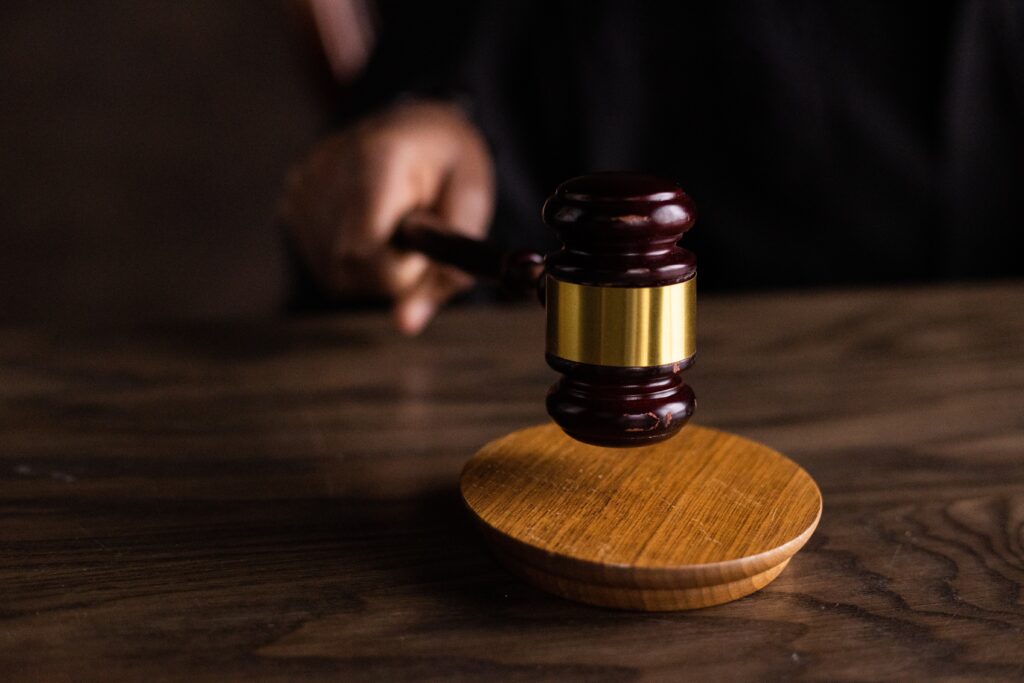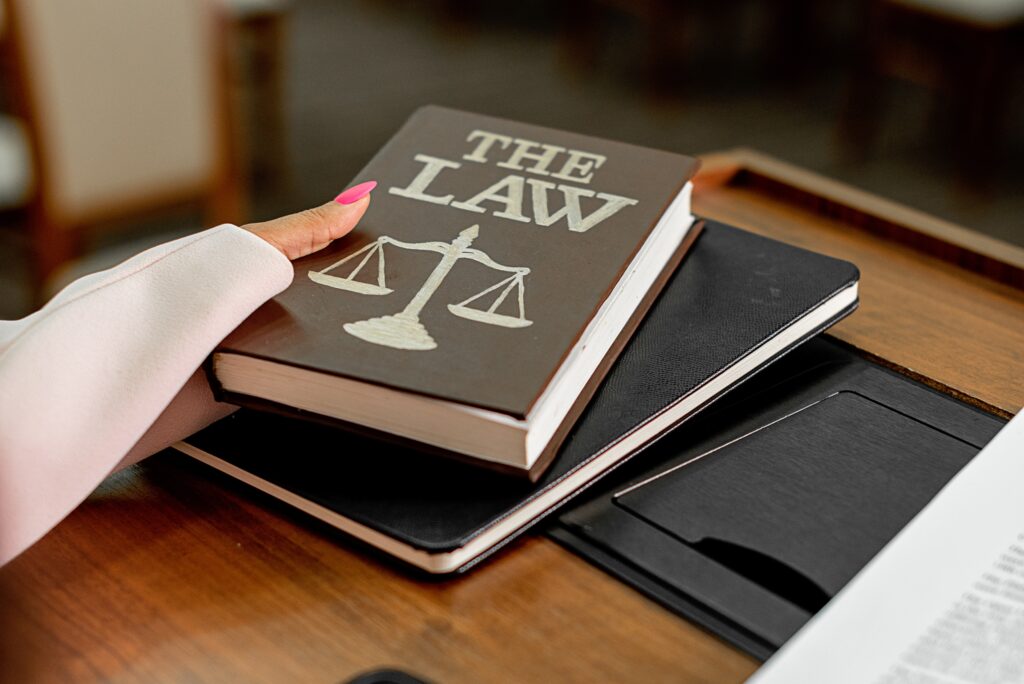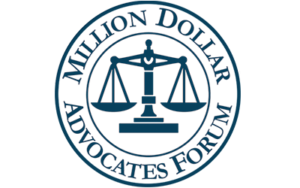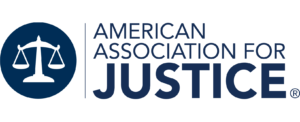Get the compensation that you deserve!
 GET LEGAL ADVICE
GET LEGAL ADVICE
 FREE CASE REVIEW
FREE CASE REVIEW
We can review the merits of your case at no cost to you.
 NO WIN, NO FEE.
NO WIN, NO FEE.
 EXTENSIVE EXPERIENCE
EXTENSIVE EXPERIENCE
Our legal team exclusively has handled thousands of injury claims throughout Arizona.
Relentless in Our Fight Against the Insurance Companies
The personal injury attorneys at Injury Lawyers Group will present the loss that you experienced after an accident in detail to the insurance company, an arbitrator, or a jury. We will get to know you and your family so that we can help the jury understand what has happened to you and your family, and how it has changed your lives. The claims have to be diligently and aggressively pursued because auto insurance companies do not have your best interests in mind and they will try downplay your injuries.
Our Practice Areas
What is Pain and Suffering?
Under Arizona personal injury law, “pain and suffering” refers to the physical and emotional distress a person experiences as a result of an injury caused by someone else’s negligence or wrongful conduct. It encompasses the non-economic damages that cannot be easily quantified in monetary terms but are nonetheless very real and impactful to the injured person’s life. Here are key aspects of pain and suffering in personal injury cases:
- Physical Pain: This includes the actual physical discomfort and suffering caused by the injury itself. It can range from acute pain immediately following the incident to chronic pain that persists over time.
- Emotional Distress: This refers to the psychological impact of the injury, such as anxiety, depression, fear, anger, and loss of enjoyment of life. Emotional distress can affect a person’s mental well-being and ability to engage in daily activities.
- Loss of Enjoyment: Injuries can prevent individuals from participating in activities they once enjoyed, whether it’s hobbies, sports, or social interactions. This loss of enjoyment of life is considered part of pain and suffering damages.
- Impact on Relationships: Serious injuries can strain relationships with family, friends, and romantic partners, leading to emotional strain and disruption of normal social interactions.
- Scarring and Disfigurement: Visible scars or disfigurement resulting from an injury can cause emotional distress and affect self-esteem, contributing to pain and suffering damages.
In personal injury claims, pain and suffering are typically included in the overall compensation sought by the injured party. While economic damages like medical expenses and lost wages can be calculated based on bills and financial records, non-economic damages such as pain and suffering are more subjective and may require expert testimony, medical evidence, and detailed documentation to support their valuation in court or during negotiations with insurance companies.
Contact Us Today for a Free Consultation





Compassionate Advocacy for Your Injuries and Losses
Why Choose Us?
- Experience and Dedication: Our team of personal injury attorneys possesses a wealth of experience in handling a wide range of personal injury cases. We have a deep understanding of the legal complexities involved and the tactics employed by insurance companies, allowing us to build strong cases that maximize your chances of success.
- Client-Centered Approach: We believe in putting our clients first. Your well-being is our top priority, and we strive to provide compassionate and personalized legal representation tailored to your unique needs. We take the time to listen to your story, answer your questions, and guide you through every step of the legal process.
- Aggressive Advocacy: We are passionate about obtaining justice for our clients. Our legal team is known for its assertive and strategic approach in negotiations and, when necessary, in the courtroom. We vigorously advocate for your rights and tirelessly pursue the maximum compensation you deserve.
- Comprehensive Legal Support: Personal injury cases can be complex, involving medical records, expert testimonies, and intricate legal procedures. Our firm offers comprehensive legal support, handling all aspects of your case, from investigation and evidence gathering to negotiations and settlement discussions. We ensure that no stone is left unturned in the pursuit of justice on your behalf.
- Results-Driven: We measure our success by the results we achieve for our clients. Over the years, we have secured substantial settlements and verdicts, helping our clients recover financially and move forward with their lives. We are not afraid to take on powerful adversaries and will fight relentlessly to maximize your compensation.
Litigation Areas of Practice
Litigation attorneys, often referred to as trial lawyers, play a crucial role in the legal system by representing clients in civil lawsuits. They advocate for their clients’ interests in courtrooms, where legal disputes are resolved through litigation.
Roles and Responsibilities:
Litigation attorneys are entrusted with a variety of roles and responsibilities throughout the litigation process. Firstly, they conduct a comprehensive assessment of the merits of a case, involving thorough legal research, analysis of evidence, and evaluation of potential strengths and weaknesses. Based on their assessment, they develop strategic plans for the case, drafting legal documents, preparing arguments, and anticipating counterarguments from the opposing party. During all stages of the litigation process, including pre-trial hearings, depositions, and trial proceedings, they represent their clients, presenting arguments, examining witnesses, and advocating for their interests before judges and juries. Furthermore, litigation attorneys engage in negotiations with opposing counsel to reach settlements outside of court, employing their negotiation skills to achieve favorable outcomes while minimizing time and expenses. Beyond the courtroom, they provide counsel and guidance to clients, managing expectations, addressing concerns, and keeping clients informed about case developments.
Skills and Qualities:
Successful litigation attorneys possess a unique set of skills and qualities essential for excelling in their profession. They must have a comprehensive understanding of the law, including procedural rules, evidence standards, and relevant case precedents. Analytical thinking is crucial as they analyze complex legal issues, identify key arguments, and devise effective strategies. Strong advocacy skills are also vital, enabling them to persuasively present their clients’ cases in court and articulate compelling legal arguments. Effective communication is essential for interacting with clients, opposing counsel, judges, and juries, conveying complex legal concepts clearly and building credibility. Additionally, resilience is key as litigation can be emotionally taxing, requiring the ability to maintain composure under pressure and persevere in pursuit of justice.
Our litigation areas of practice include:
Strong Advocacy
Having a strong advocate by your side will make a significant difference to the outcome of your personal injury claim. A personal injury attorney plays a crucial role in advocating for individuals who have suffered physical or psychological harm due to negligence or misconduct. Their work begins with a comprehensive evaluation of each case during initial consultations, where they gather details about the incident, assess injuries, and advise clients on legal options.
Through meticulous investigation, which often includes reviewing medical records, accident reports, and witness statements, we build a solid foundation for their legal strategy. This involves formulating a clear plan to pursue compensation by identifying liable parties and assessing potential damages. Negotiation skills are essential as we engage with insurance companies or defense attorneys to reach fair settlements that encompass medical expenses, lost wages, pain and suffering, and other losses incurred by their clients.
In cases where settlements cannot be achieved, our personal injury attorneys are prepared to file lawsuits and represent our clients in court, presenting compelling arguments, examining witnesses, and advocating vigorously for their rights. Throughout the entire process, they provide steadfast support, ensuring clients are informed, empowered, and effectively represented in seeking justice and fair recovery.








